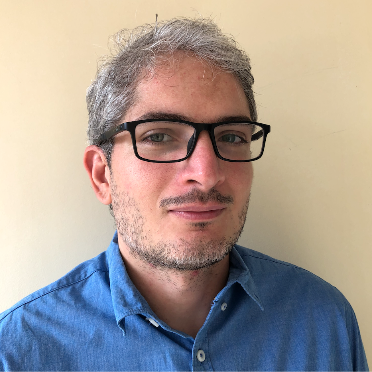How to send a student to attend ICSE (with zero budget)
This year, an undergraduate student of mine first-authored a paper in the MSR challenge track on the presence of violations in JavaScript code snippets available on StackOverflow. This blog post is an attempt to summarize all the steps taken to find a way to send the student to attend the conference (and present his paper). Perhaps it could help some other students to make it to ICSE.
Overall, my student applied to four sources of funding: the student volunteers, the Software Engineering Mentoring Workshop (SMeW), the CAPS SIGSOFT grant, and an internal grant in my university. I will detail each one of them next.
As far as I can tell, the student volunteer program happens every single year in ICSE (and also happens in several other software engineering conferences, such as ICSME and ASE). In ICSE, an accepted student volunteer receives a free registration for the main conference, but could also be scheduled to work in the co-located events (granting one-two more registration days). Therefore, applying for student volunteer greatly reduces one of the most costly part of attending a conference: the conference registration. Besides of it, students volunteers also have an unique opportunity to meet senior researchers that run the student volunteer program, and also other students (which could ended up in new research opportunities). I myself participated as a student volunteer in three conferences (2 OOPSLAs and one ICSE); I could not recommend more.
Moreover, this year there is the Software Engineering Mentoring Workshop. This workshop is intended to “attract students to research careers in software engineering”. I believe this was the first time that this workshop happened in ICSE, although similar workshops happen on regular basis on programming language conferences (e.g. PLMW). My student applied for this grant and received CAD 500,00 plus one day ICSE registration. But since he received a free ICSE registration for his work as a student volunteer, this one day registration was not used. Now he had enough for registration and hotel.
Since he had a MSR paper, and was accepted for the mentoring workshop, he applied for the CAPS funding. CAPS offer support for students and professionals that need additional funding to attend SIGSOFT conferences. I have applied to this grant in the past, but since I had received no response for my application, I thought that this grant was not working. But I suggest my student to apply to it nevertheless. I also discussed this matter on twitter (read thread here), and Thomas Zimmermann, SIGSOFT Chair, responded that he would take care of the CAPS program. Turns our that my student received USD 400,00 from CAPS (about 50% of what he asked for). Although this amount does not fully cover a round trip ticket from Belém to Montreal, it amortizes a good proportion of it.
Finally, I applied for him in an internal travel grant that my university runs for undergraduate students. The amount was fixed in around USD 330. Although this is a very particular grant from my university, I am aware that other Brazilian universities provide similar mechanism to help students. Now his trip is fully covered (including eventual meals, ground transportation, travel insurance, etc).
Wrapping up, I am glad that there are many international grants aimed to help students to attend software engineering conferences. But the trick thing is: if one of these grants does not have a positive outcome, I would have to complement his trip out of my own pocket (although I have a small grant running, I could not use this grant to support his trip; I will leave this explanation for another blog post). If his application was not accepted in two or more grants, his trip would become extremely prohibitive. Still, these grants have different application dates (and, consequently, notification dates). So eventually the student find himself in a position such as: (1) what if I accept this grant but did not receive the other one? (2) Could I say “yes” for a grant but eventually say “no” to it due to the lack of additional support? (3) should I start making reservations, or should I leave it to the last minute (when tickets often become more expensive)? These questions are all valid and tough.
Turn out that the stars in the sky were well aligned the applications were all positive. Reflection upon this endeavour, maybe it would be interesting if all these programs would have close notification dates to each other.
Final tip: the ACM Student Research Competition also rewards the students with accepted papers with up to USD 500,00 to help them defray their travel costs. My student did not submit to ACM SRC (I may have forgotten; this blog post can help even myself in the future).
